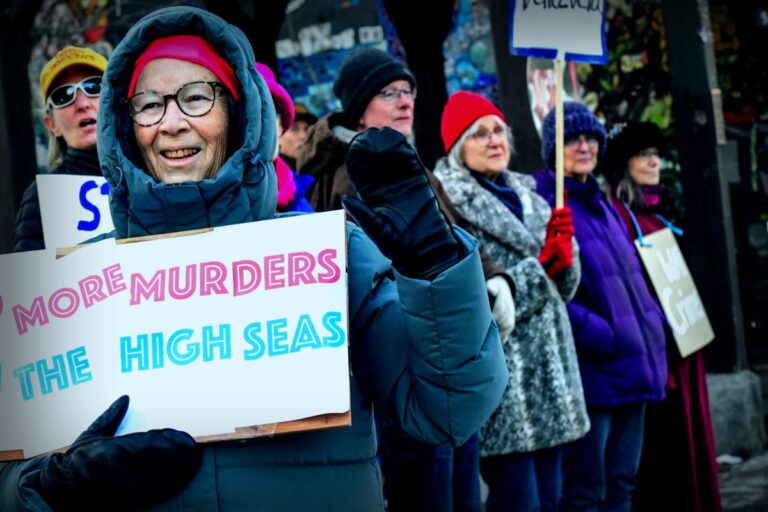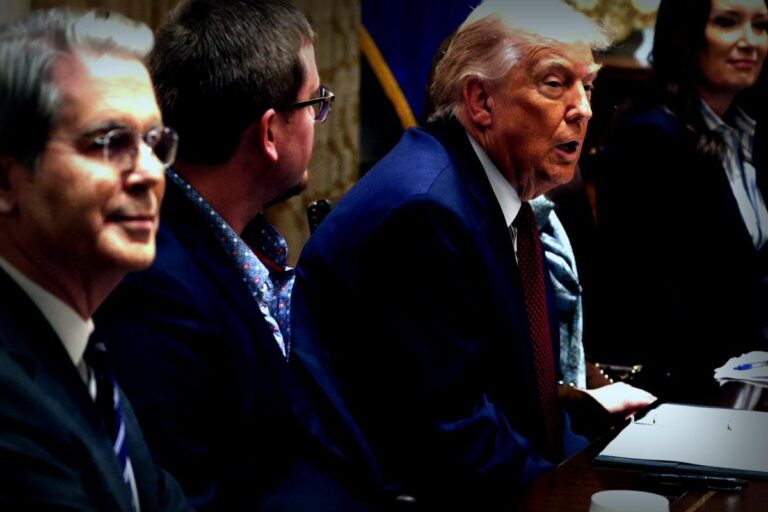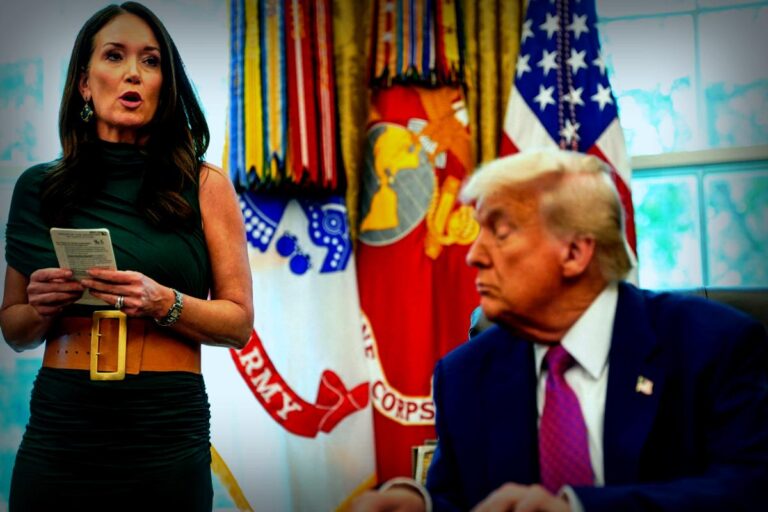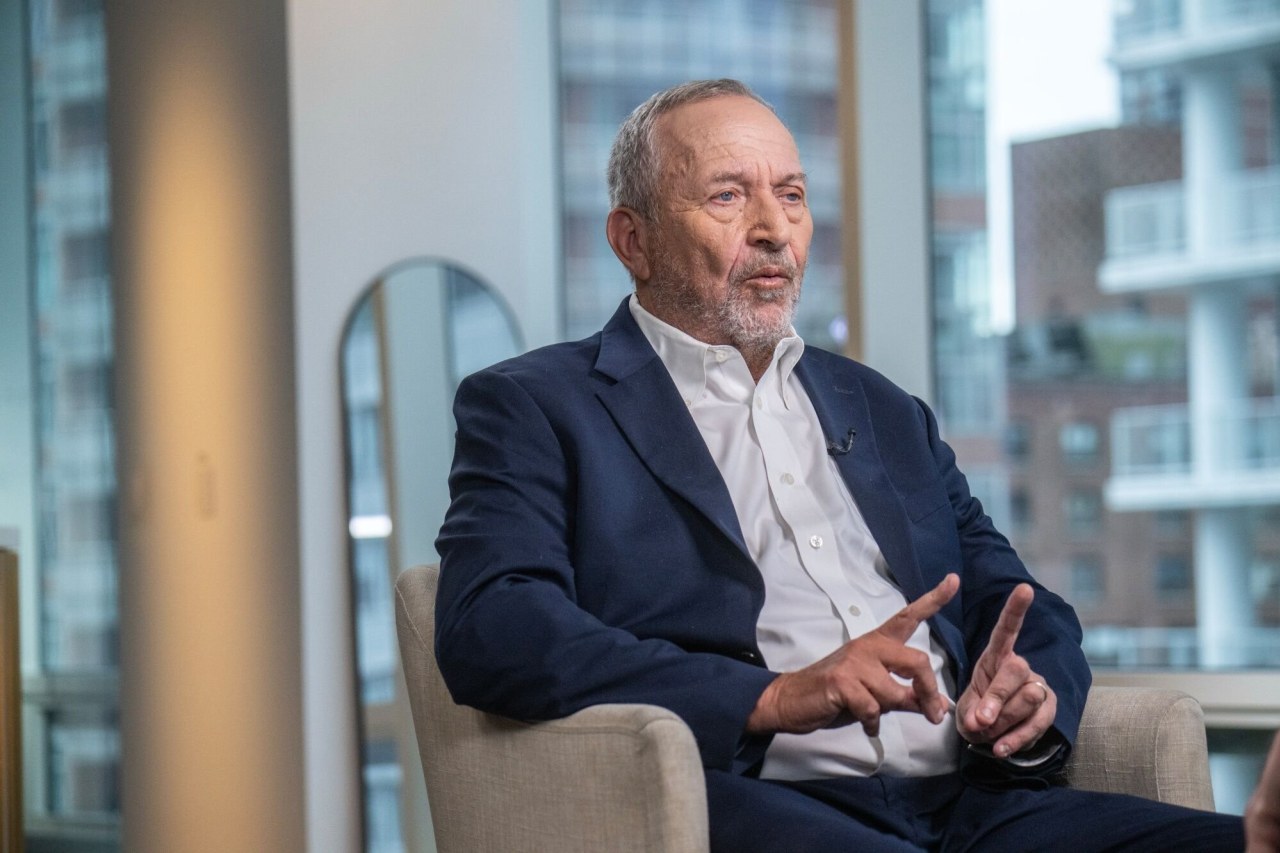
Larry Summers, the former president of Harvard University, recently decided to scale back his public commitments after facing significant criticism for his correspondence with convicted sex offender Jeffrey Epstein.
In a heartfelt statement, Summers expressed, “I feel deep shame about my actions and acknowledge the pain they have caused. I take full responsibility for my poor judgment in continuing to communicate with Mr. Epstein.” He emphasized that stepping back from public duties is a step towards mending trust and fostering better relationships with those close to him.
Summers is among a number of high-profile individuals whose links to Epstein came to light after the release of over 20,000 emails by lawmakers last week. Being referenced in these emails does not necessarily imply wrongdoing, but they have certainly sparked uncomfortable queries regarding his ties to the disgraced financier.
Despite these concerns, Summers, now a professor at Harvard, confirmed that he intends to continue fulfilling his teaching responsibilities.
Earlier in the day, Senator Elizabeth Warren publicly criticized Summers, questioning his ability to educate students or provide sound advice to governmental bodies, citing his “monumentally poor judgment” in interactions with Epstein.
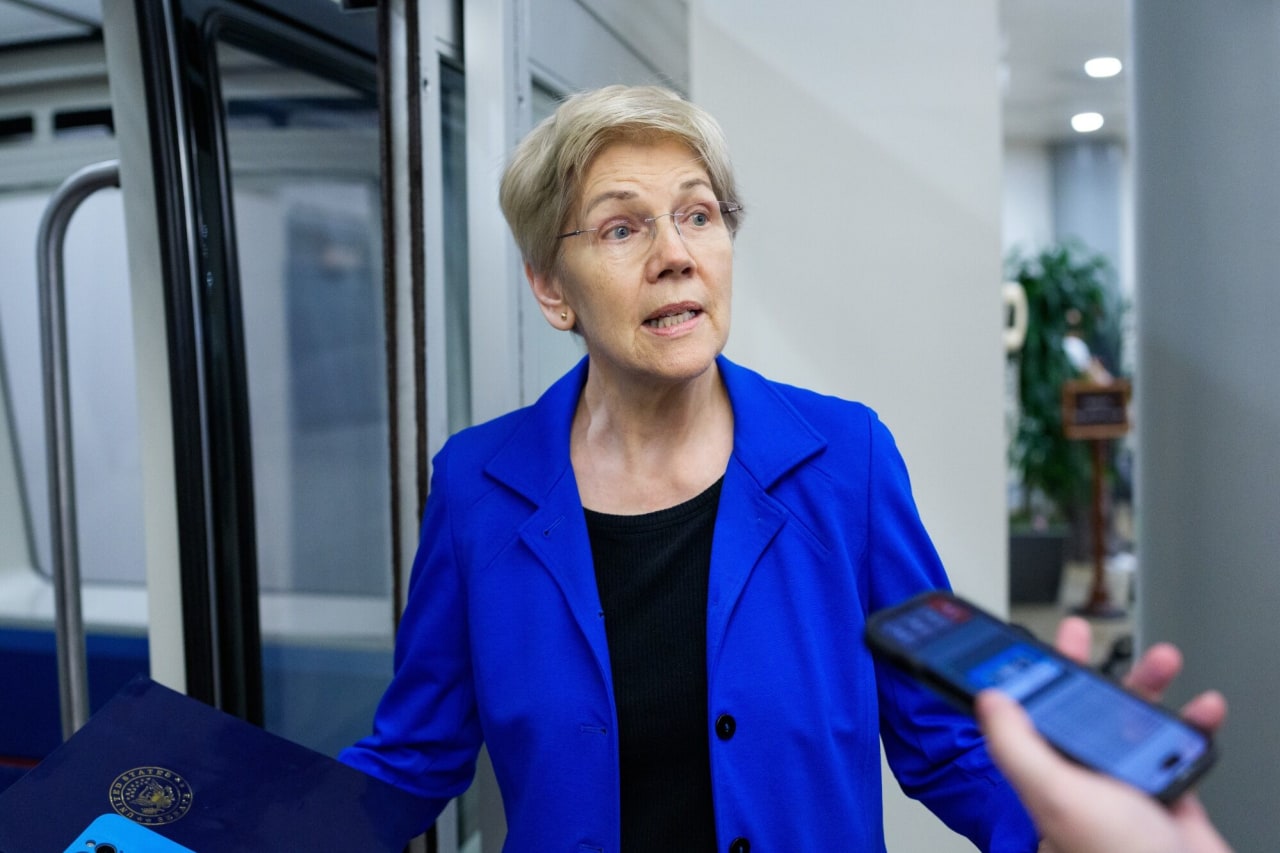
Warren, who has long been an outspoken critic of Summers, urged Harvard to cut ties with the former Treasury Secretary in strong comments reported by CNN.
She remarked, “If Larry cannot manage to distance himself from Jeffrey Epstein, especially after all the public knowledge about Epstein’s crimes against underaged girls, he shouldn’t be trusted to guide our leaders, lawmakers, or teach students anywhere, including Harvard.”
Harvard declined to comment on the situation when reached out for a response.
In 2008, Epstein pled guilty to history of procuring a minor for prostitution, resulting in a stint in a Florida prison and his subsequent status as a registered sex offender. He died in jail in 2019 while awaiting trial on fresh sex-trafficking charges. His communications with numerous prominent figures have ignited intense discussions in the political arena in recent times.
Documents revealed that Summers corresponded frequently with Epstein.
According to reports from The Harvard Crimson, in a series of emails from 2018 and 2019, Summers sought Epstein’s advice on how to pursue a romantic interest he identified as a mentee.
Late last week, former President Trump voiced intentions to ask the Justice Department and FBI to investigate Epstein’s connections with several high-profile Democrats, including Summers, Bill Clinton, and venture capitalist Reid Hoffman. A Clinton representative asserted that the emails “demonstrate Bill Clinton’s complete ignorance of the situation.” Hoffman dismissed the investigation as unfounded via social media. At that moment, Summers did not comment when approached for a statement.
Summers, who commenced his teaching career at Harvard in 1983, has also held the position of chief economist at the World Bank, where he supervised a pivotal report showcasing the vast benefits of investing in girls’ education in developing countries. He took on the role of Treasury Secretary during the Clinton administration and became Harvard University’s president in 2001. His tenure ended in resignation in 2006 after faculty voted no confidence in him following a controversial speech he gave regarding women’s presence in science and engineering.
Speaking of his long-running academic career, Summers enjoys the university’s highest academic recognition as a university professor and has been actively teaching at Harvard for several years.
Summers and Warren’s relationship has been fraught with tension stemming from their differing views on financial regulations during the Obama years, wherein Summers served as the director of the National Economic Council. Back in 2013, Warren voiced her opposition to Summers presumably leading the Federal Reserve.





